Are EVs Really Driving Positive Change?
A study from USC's Keck School of Medicine has investigated the advantages of electric vehicle (EV) utilization. Published in the Science of the Total Environment journal, this research provides evidence of how electric cars contribute to diminishing air pollution and reducing health problems. The study states there is a significant role for electric cars in enhancing public health and protecting the environment.
Investigative Approach: Analyzing the Real-World Impact
To conduct this study, the researchers collated data from various sources. They collected figures on the number of zero-emission vehicles (ZEVs), including battery electric, plug-in hybrids, and hydrogen fuel cell vehicles, from the California Department of Motor Vehicles. Additionally, they examined air quality data, focusing on nitrogen dioxide (NO2), a key pollutant linked to vehicular traffic, and the frequency of asthma-related emergencies in different Californian zip codes spanning from 2013 to 2019.
Key Discoveries: Health and Environmental Benefits
The findings from this research drew the conclusion that the increase in ZEV adoption in specific zip codes, lead to a corresponding decrease in air pollution and asthma-related emergency room visits. The study showed that an increase of 20 ZEVs per 1,000 people led to a 3.2% decrease in asthma emergencies, along with a slight reduction in NO2 levels.
Addressing Inequality in Access to Clean Transportation
The study also brought to light a significant disparity in ZEV adoption across different socio-economic areas, with lower adoption rates in less affluent zip codes. This finding points to the necessity of implementing inclusive policies that ensure equitable access to clean transportation technologies in areas most affected by pollution and associated health challenges.
The Road Ahead: Further Research and Implications
The researchers recognize the need for further studies to explore the broader impacts of ZEVs, including different pollutants and vehicle categories, and the environmental footprint of their production and disposal.
Become an AutoGuide insider. Get the latest from the automotive world first by subscribing to our newsletter here.
This article was co-written using AI and was then heavily edited and optimized by our editorial team.
More by AutoGuide.com Staff



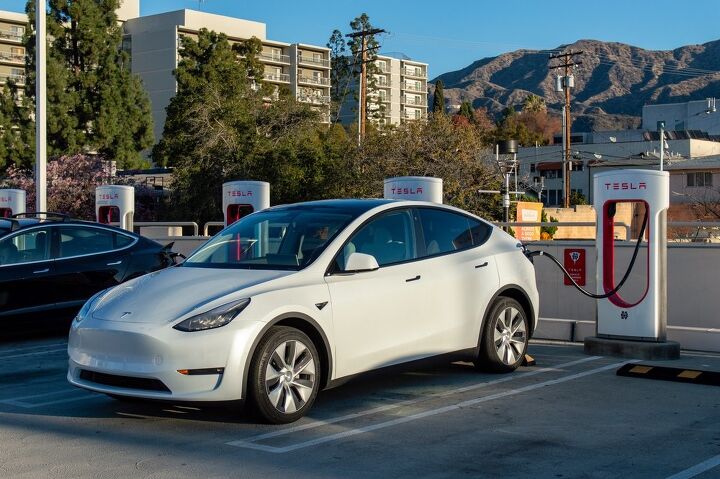













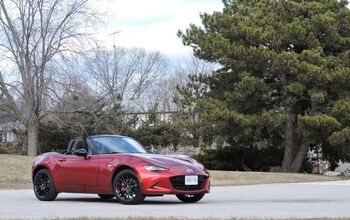


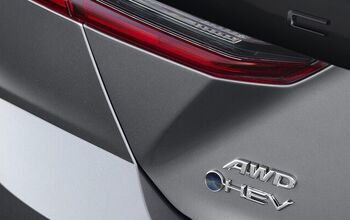



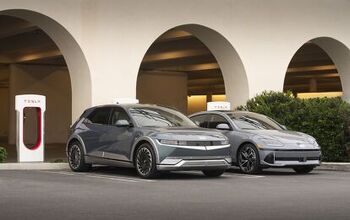



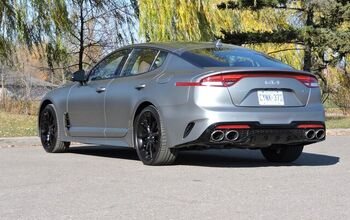
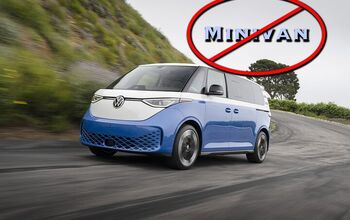


Comments
Join the conversation